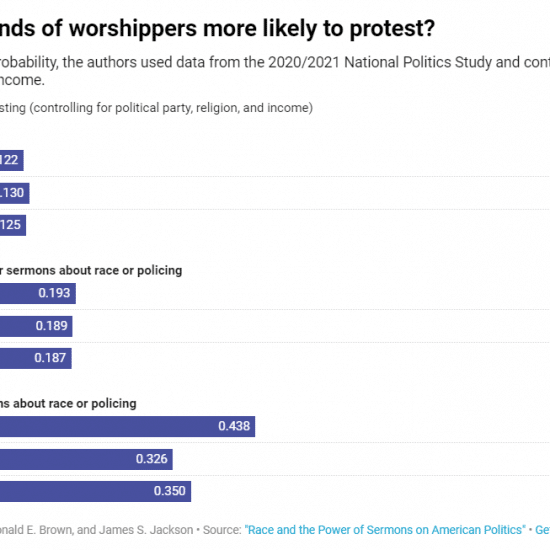BRIDGETON — A tax program that benefits both the Missouri Baptist Children’s Home and those who contribute funds to keep the not-for-profit’s ministries alive could be scrapped or deeply cut in the current legislative session.
Missouri legislators are scrutinizing every department and program as they struggle to fill an estimated $500 million hole in the state’s budget. But while one MBCH administrator understands the government’s plight, he believes the proposal the Legislature is currently considering will cost the state more in the long run.
MBCH executive vice president and treasurer Russell Martin is concerned that loss of or substantial cuts to tax credits will translate to smaller gifts and perhaps even fewer gifts that bridge the gap between revenue and expenses.
For example, last year MBCH received about $635,000 in revenue for its therapeutic group home program. But expenses topped $1.3 million, leaving a net loss of $665,000. Gifts totaling $594,000 made through residential treatment agency tax credits helped close that gap.
“The contributions are critical,” Martin said. “A tax credit allows a donor to give us more. It closes the gap and allows us to provide more services.”
Tax credits allow a donor to give a gift, which the state partially offsets. The credit provides a way for a donor to give more than he or she would be able to otherwise.
For example, if a person in a 35-percent tax bracket contributed $1,000 to the Children’s Home through a tax credit, the individual would receive a $500 credit, or 50 percent of the gift’s value, on his or her state income tax return. In addition, the donor would receive tax deductions on state and federal returns — $60 on the state return and $350 on the federal return.
The Children’s Home benefits from the total $1,000 gift, while the donor provides that benefit for only $90.
The option often convinces donors to give more. Martin cited the story of a contributor who had given $10,000 each year for several years. He now gives $100,000 each year because the tax credit incentive dropped his total cost to less than his original annual gift.
Currently, tax credit options are scattered among several state agencies. Donors can only request those for which the organization qualifies. MBCH uses the neighborhood assistance program or NAP, the youth opportunities program (YOP), maternity homes, pregnancy resource center, residential treatment agency and special needs adoption/children in crisis tax credits.
These are considered “contribution-type” credits that must be “sold” before the institution can use them. In other words, the Children’s Home must “sell” the donor on the idea of investing in a tax credit, Martin explained.
Currently, the state allocates funds for each tax credit, but only distributes money based on the amount sold. If the state allocates $1 million for a specific tax credit but the Children’s Home only sells $800,000 worth, it cannot take advantage of the remaining $200,000.
Legislators are currently considering a department of economic development proposal that would bring most of the current tax credits under DED jurisdiction and would be lumped together under eight categories. Those the MBCH uses would fall under the community assistance umbrella, and the amount of available funds for the entire category would be capped.
The DED set $314 million as its total request, with business development tax credits to receive the largest allocation — $94.2 million — and redevelopment tax credits to be funded at $78.5 million. Under the proposal, all agencies seeking funds through community assistance tax credits would have to divide $15.7 million.
According to Martin, DED officials did not seek input from organizations, such as the MBCH, that utilize tax credits. Nor did they propose changes to the senior citizen property or homestead preservation tax credits.
Of primary concern is how categorizing the credits will affect the total available for each program. “The proposal is very non-specific,” noted Carmen Shultze of the Missouri Coalition of Children’s Agencies, of which the MBCH is a member. “There is no hint on how the money would be distributed.”
The proposal cuts 20 percent from the total available in fiscal 2009 and proposes that funds be released at the economic development director’s discretion, Shultze said. The problem, she added, is that the department has had three directors in the last 18 months. With no other guidelines to govern distribution, she and others are concerned what leadership changes would mean.
At least one of the current tax credits the MBCH uses — the residential treatment agency tax credit — is considered budget neutral. Each agency that benefits from this credit must reimburse the state for the credit’s value. If a donor contributes $1,000 through this tax credit, the Children’s Home would give back $500 to the state to offset the $500 credit the donor would receive on his tax return.
“Baptists are very generous in supporting and leveraging support for vulnerable children,” Schultze noted. “My concern is this will cause that to diminish.”
Martin and other coalition members believe the state will suffer economically in the long run if the proposal is adopted.
According to Samuel Lee of Campaign Life Missouri, a department of social services report showed that last year the state’s 13 maternity homes provided shelter and abortion alternatives to 983 clients at a cost to the state of $842,674 in tax credits. Missouri’s 54 pregnancy resource centers provided services to more than 35,500 clients for $951,744 in tax credits.
“No government program could ever operate as efficiently, inexpensively…and lovingly as these not-for-profit (and mostly faith-based) maternity homes and pregnancy resource centers do. In fact, the department reported that without the private help…access [to] government assistance…would have cost taxpayers about $4 million,” Lee noted in a statement to the coalition.
Catholic Charities reported similar findings, Martin said. According to its report, social service tax credits — those in the proposed community assistance category — accounted for only $23.9 million of the $567 million in tax credits redeemed in 2009. With credits lumped together under the proposal, agencies would have to compete with each other for a share of only $15.7 million.
“It seems the kids will get the brunt of the changes,” Martin said. “The state of Missouri doesn’t pay the full cost of care. Our argument is: These are children in your custody and for which you are financially responsible. At least help us raise the money to close the gap.”



